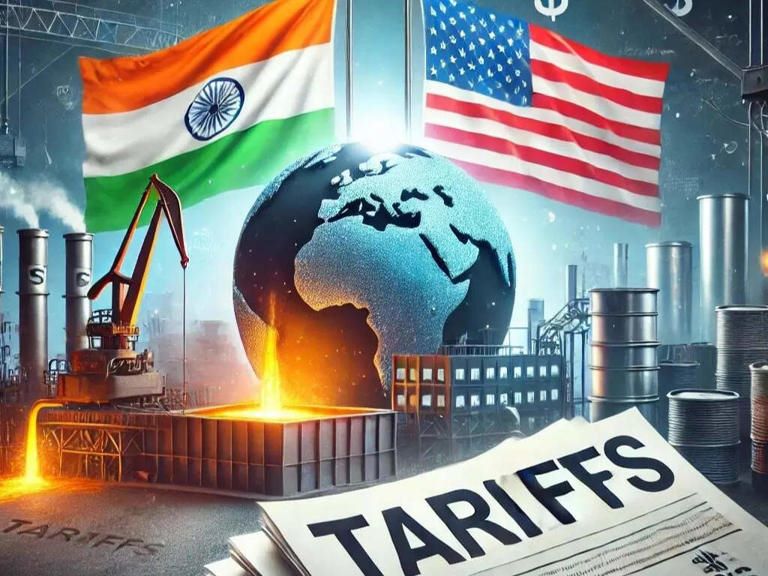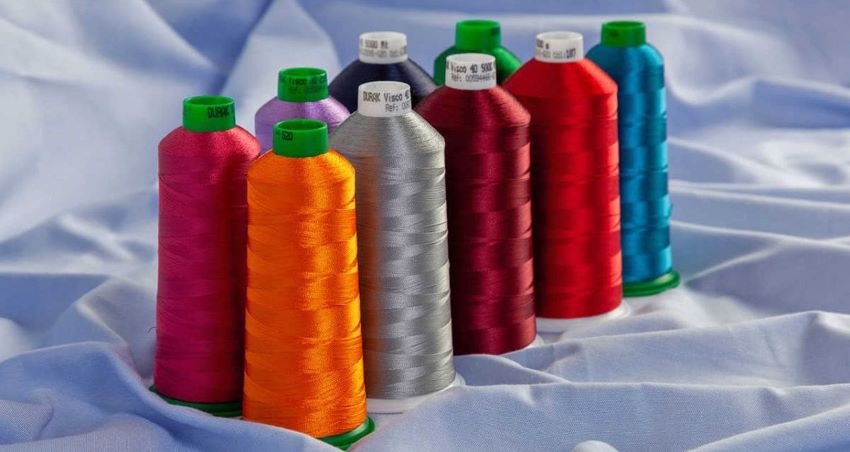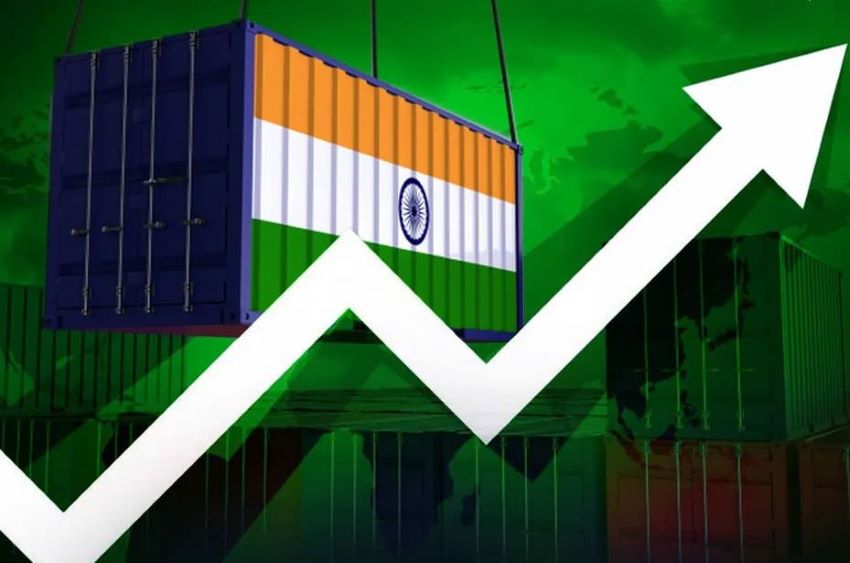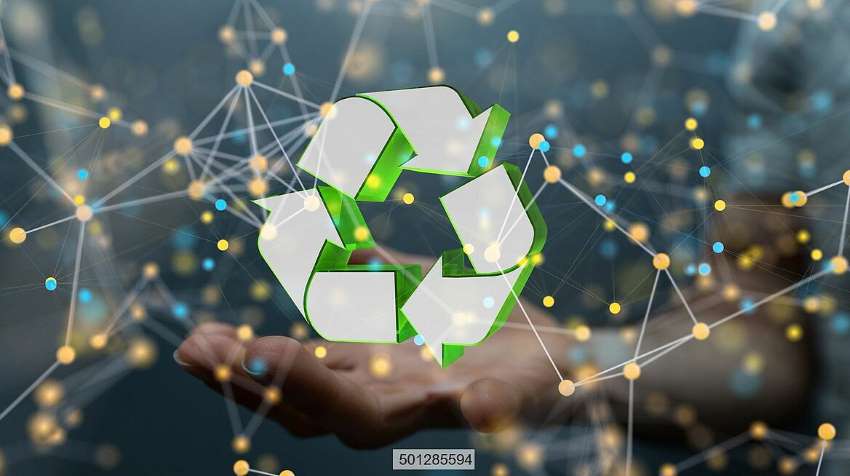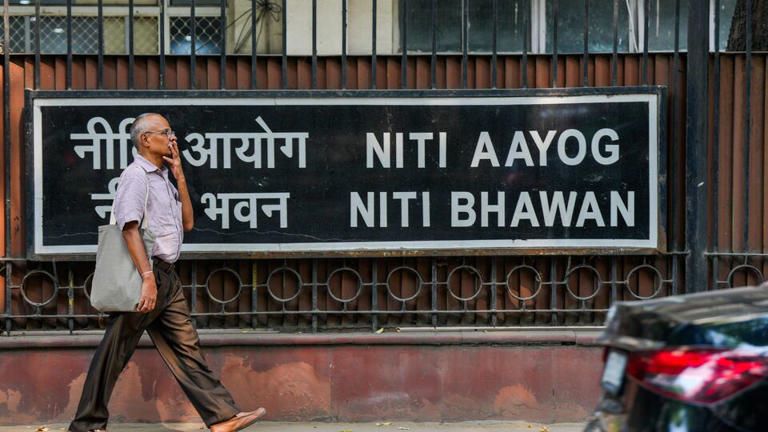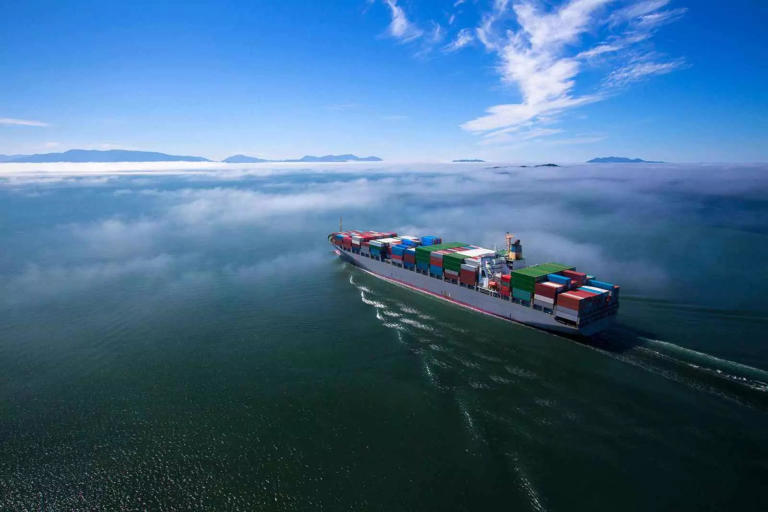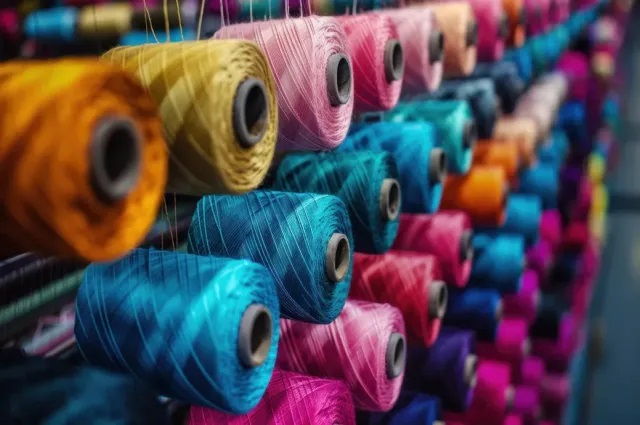
Global platform for innovation, Fashion for Good has launched a project to expand technologies used for transforming agricultural waste into sustainable textile fibers. ‘Untapped Agricultural Waste Project’ the project has been launched in consortium with Adidas, Bestseller, Vivobarefoot and Birla Cellulose, and six innovators. It will be funded by the Laurdes Foundation and review the technical features of natural fibers created using agricultural wastes such as rice husks, hemp, wheat straw, banana and pineapple.
As per the report titled ‘Unlocking The Trillion-Dollar Fashion Decarbonization Opportunity’ by Fashion for Good, South and Southeast Asia continue to face significant challenges due to rising agricultural waste. India alone is known to burn upto 92 million tons of agricultural waste annually. The country also suffers from greenhouse gas emissions due to extraction and processing of virgin, conventional fibres such as cotton and polyester in the textile supply chain
Displace virgin fibers from unsustainable materials
The 18 month project aims to repurpose agricultural waste into new fiber blends through new technologies. These fiber blends will displace virgin fibers derived from unsustainable materials such as oil. Mapping agricultural waste in eight countries across South and Southeast Asia, the project will highlight the untapped opportunities in agricultural waste streams including rice husks, wheat straw, banana and pineapple production.
It will focus on the development of a new variety of nature fibers and fiber blends by the six fibre innovators: AltMat, Bananatex, Chlorohemp, Agraloop by Circular Systems, HempTex India and 9Fiber. These innovators will trial the highest percentage of agricultural waste to achieve the necessary performance requirements. They will collaborate with Birla Cellulose to develop and prepare new fibers for wider application in the fashion supply chain. The fibers will also be further expanded by participating project brand partners
Building a responsible feedstock
With the first phase concluding in December 2022, the second phase will encourage the production of agri-waste fibers in larger quantities for use in commercial facilities. This phase will facilitate new agreements and financing for the expansion of these fibers. Expansion will drive both agriculture and textile industry towards a net-zero effect, says Katrin Ley, Managing Director, Fashion for Good.
The project will help build a more sustainable and renewable feedstock system by reducing the environmental impact, land and water use, explains Camilla Skjønning Jørgensen, Sustainable Materials & Innovation Manager, Bestseller
Alleviate pressure on virgin resources
The use of unutilized agricultural waste based fibers in apparel applications can reduce pressure on virgin resources and help bring down GHG emissions in the fashion industry supply chain, says Kalyan Ram, COO, Birla Cellulose. The project will address two critical areas. First, it will accelerate the process of launching new materials made from agricultural residue; second, it will call for great commitment to increase the use of these materials, sums up Shikha Shah, Founder and Director, Altmat.

